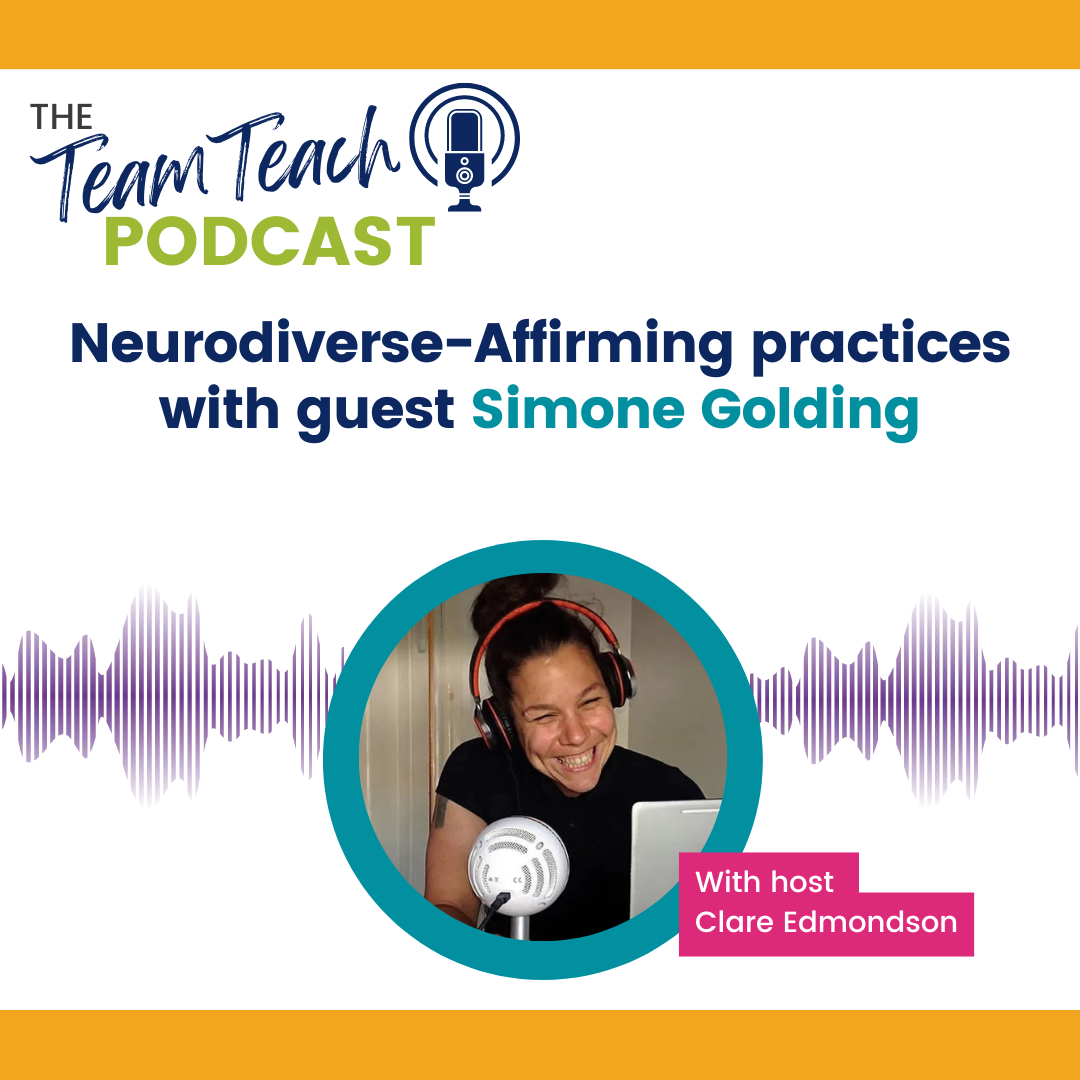Including parents, carers and families in our approach to behaviour support
As leaders, teachers, parents, and carers, we all have children’s best interests at heart. Whether we are talking about academic progress and attainment, or personal and emotional development, we share a common desire to provide the right conditions and appropriate support to enable all our young people to thrive.
In our recent think piece, Creating Consistency: Developing a shared understanding of behaviour in international schools, we took a broad look at perceptions of behaviour, while also specifically highlighting the importance of forging strong partnerships with families, to ensure the best outcomes for every child and young person, both within and beyond the school gates.
Here in this blog, we explore some of the barriers to effective family engagement, and offer 4 simple ways to increase involvement with parents and carers around behaviour support.
Barriers to positive engagement around behaviour
While we unanimously welcome, encourage, and, indeed, rely on positive parental support to cement our messaging around behaviour, there are sometimes obstacles that can hinder progress, and stifle effective family engagement.
Behaviour can be a contentious issue, and opinions about what preferred practice looks like can vary widely especially in settings where there’s often such a culturally diverse student body. As a result, there is sometimes a disconnect between home and school with regard to overall ethos and approach. Equally valid but differing perspectives can lead to friction between leaders and teachers, and parents and carers, making it tricky to all pull in the same direction.
Life in schools can be hectic, with conflicting priorities, and a whole range of targets and goals to balance. As a result, regular communication between schools and families sometimes has to be moved down the to-do list. This can lead to individuals feeling shut out and ‘done to’ which, ultimately, can result in frustration, and even disengagement.
In some parts of the world, international school communities can be tight knit, with parents often keeping in close contact with one another, and sharing their views on both actual and perceived issues in school. Any misunderstandings or miscommunications can quickly become magnified, , making it all the more important to be unified and clear with any communication around our own school’s unique behaviour identity, and approach to behaviour support, right from the beginning of a student’s school journey.
Key messages can also sometimes become ‘lost in translation’, not just because different languages may be spoken across and beyond settings, but also because people have different communication preferences. This complex combination of factors can lead to unnecessary but unavoidable misunderstandings between school and home. Expectations can vary widely from family to family, making seamless, clear communication a challenge for schools and school leaders.
So how can we maximise engagement with parents, carers and families?
While it might be unrealistic to expect everyone to be on exactly the same page when it comes to behaviour, especially given the diverse backgrounds and contexts of the families involved in international school communities, we can certainly facilitate constructive dialogue, and take positive and decisive steps towards involving our parents, carers and families to overcome our barriers
1: Be explicit about our ‘why’
Approaches and attitudes to behaviour have evolved over the years, so we need to be transparent and open about the ‘what’, the ‘how’ and – perhaps most importantly – the ‘why’ of our behaviour support ethos and use this as a basis to develop a shared understanding across home and school. This is perhaps especially important when we think about new students and prospective parents: we need to make sure that messaging around our behaviour identity is clear and unequivocal from the outset.
This can be achieved through a variety of initiatives and channels, such as our website content, school prospectus, regular newsletters, family workshops, coffee mornings, senior leadership team ‘meet and greets’, and informal drop-ins, where we explain aspects of our academic and personal development curriculum frameworks, different needs, characteristics of neurodivergence, and the importance of equity and inclusion. These are valuable opportunities to introduce our behaviour support strategies, and reinforce the importance of building relationships, and nurturing strong home/school links.
2: Proactively reach out to share the ‘wins’
The word ‘behaviour’ can have negative connotations, and many families may associate any reference to it with problems and issues. When they answer a phone call or open an email from school, they often expect bad news, so it can be powerful for us, our families, and students themselves, to initiate positive communication when things are going well.
Celebrating and sharing successes, no matter how small, can be a useful way to motivate students and recognise their achievements, as well as creating a shared understanding of behaviour support and a joined-up approach with family at home. The positive ripple effect is that students who might struggle with behaviour and emotional regulation know that their efforts are recognised and acknowledged; this is often enough to trigger a positive, upwards spiral, making a huge difference to behaviour, both within school and beyond.
3: Be sensitive to cultural differences
Different cultures, heritages, and religions can hold very different views on many aspects of education, including behaviour. International schools are often home to a wide range of belief and value systems, both in the wider local community and within the school ecosystem itself.
Establishing a successful approach to behaviour that is understood and valued by all relies on us taking contextual sensitivities into account and ensuring that we develop policies and practices that create an aligned, values-driven behaviour identity, but also recognise and celebrate diversity.
4: Tap into families’ expertise to foster a sense of unity and belonging
Parental knowledge is power, and by adopting an inclusive, collaborative approach, we can forge deep connections with members of our communities, helping them to gain a better understanding of behaviour.
Families know their child better than anyone else and offer valuable insights that can help us to shape our school’s behaviour policies and practices. Actively listening to their views, and letting them know we value their opinions, can help eradicate any sense of ‘them and us’, and enable us to move beyond any prejudgements and assumptions.
Open and reciprocal relationships, where the views of all parties are given a platform to be heard, can be an effective way to create a culture of belonging.
Celebrating diversity as a strength
International schools, just like all schools, are more than just places of learning; they are places of security, belonging, and connection. And it is in that connection that we have the best chance of fostering strong, positive relationships between every member of a school community, including parents, carers, and families.
By embracing diversity, and looking outwards as well as inwards, we can build a culture of acceptance, understanding, and inclusion, and create the conditions where every student can succeed.
If you’d like to talk to us about your needs when it comes to supporting behaviour in your setting, please get in touch any time.





